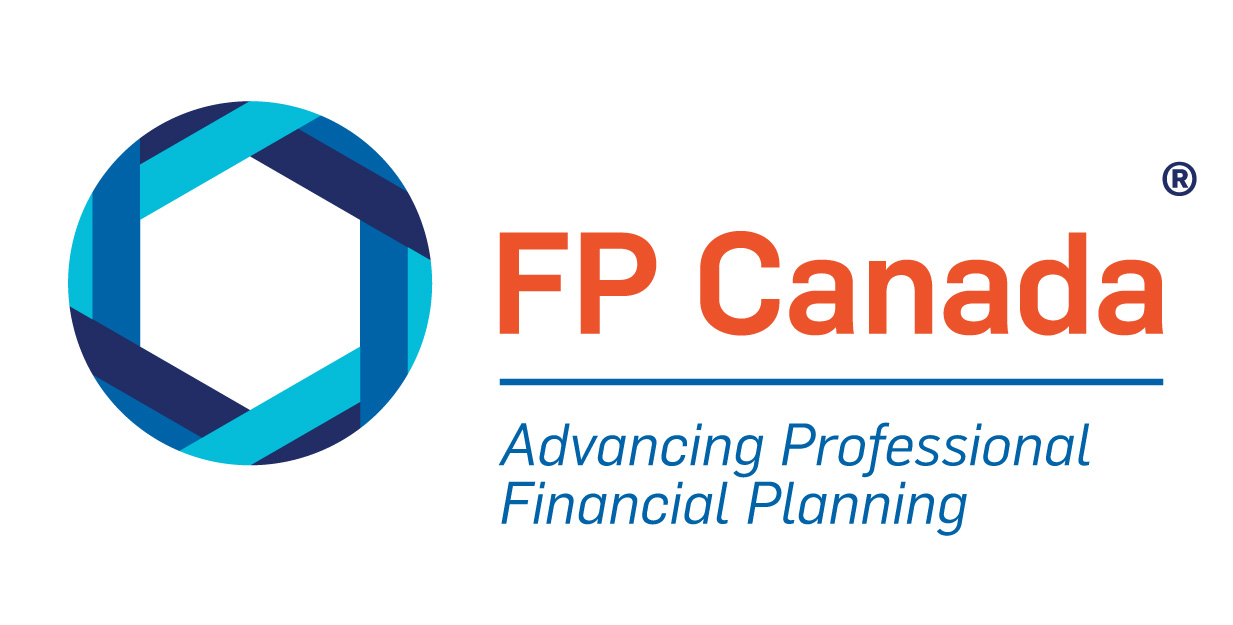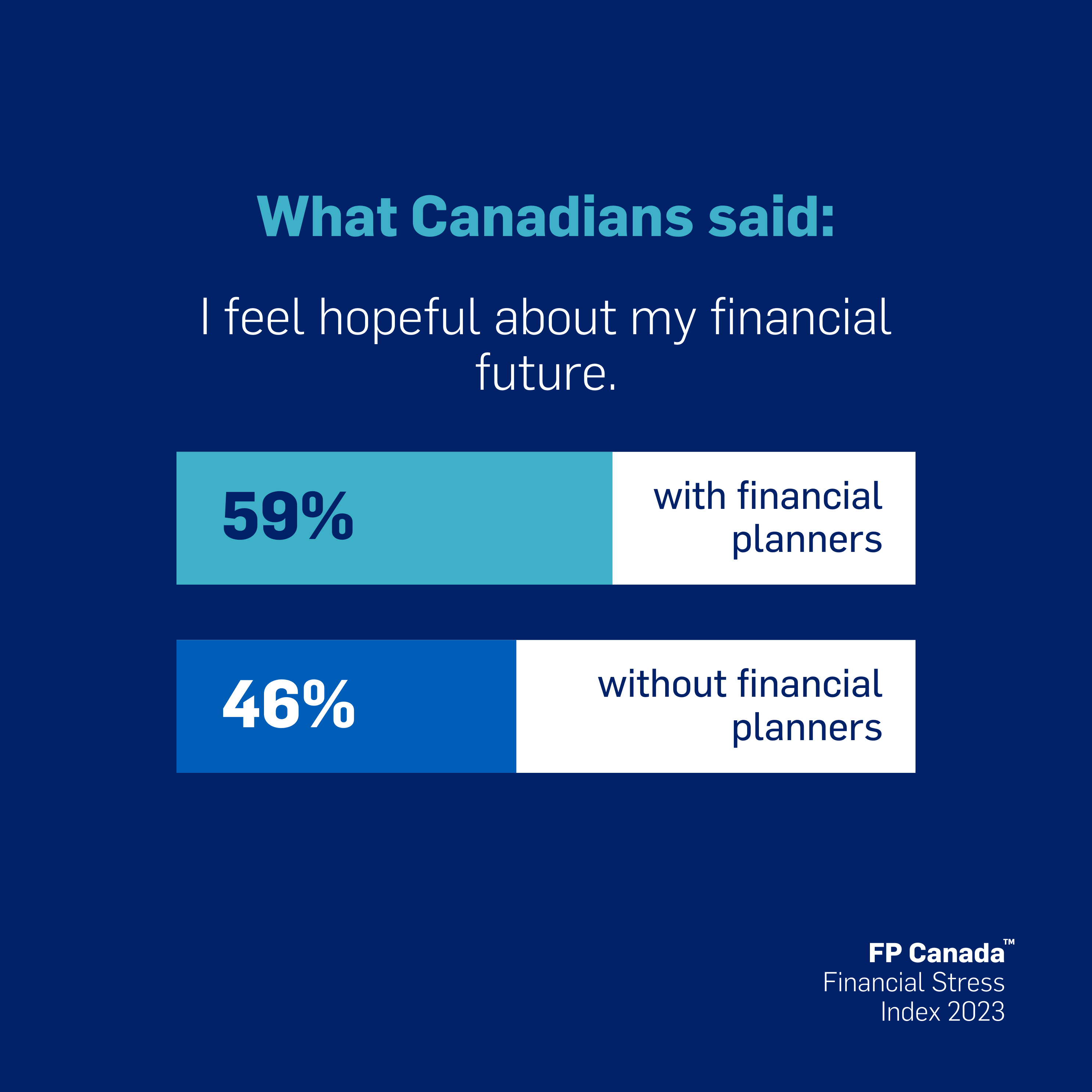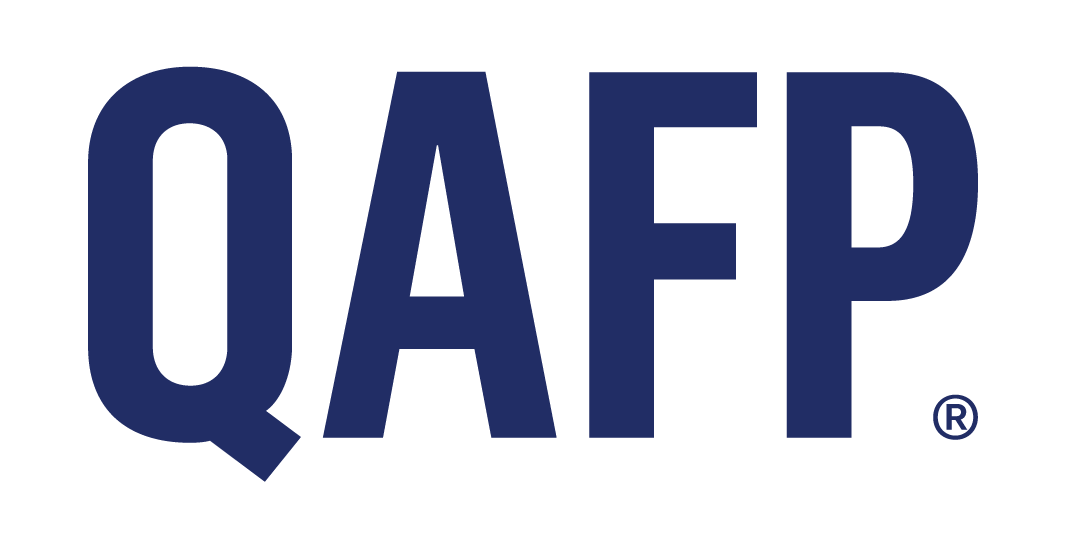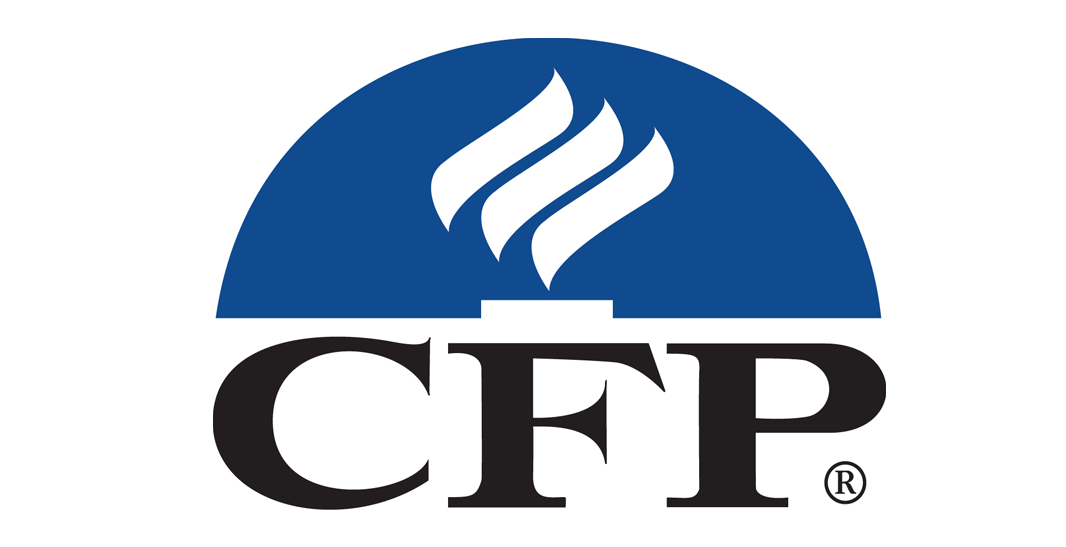- What is Financial Planning?
-
Choosing the Right Planner
- Working With a Planner
-
Insights
Explore the latest insights from FP Canada™
Find a QAFP professional or CFP professional near you. Find Your Financial Planner.

 Find Your Financial Planner
Find Your Financial Planner






